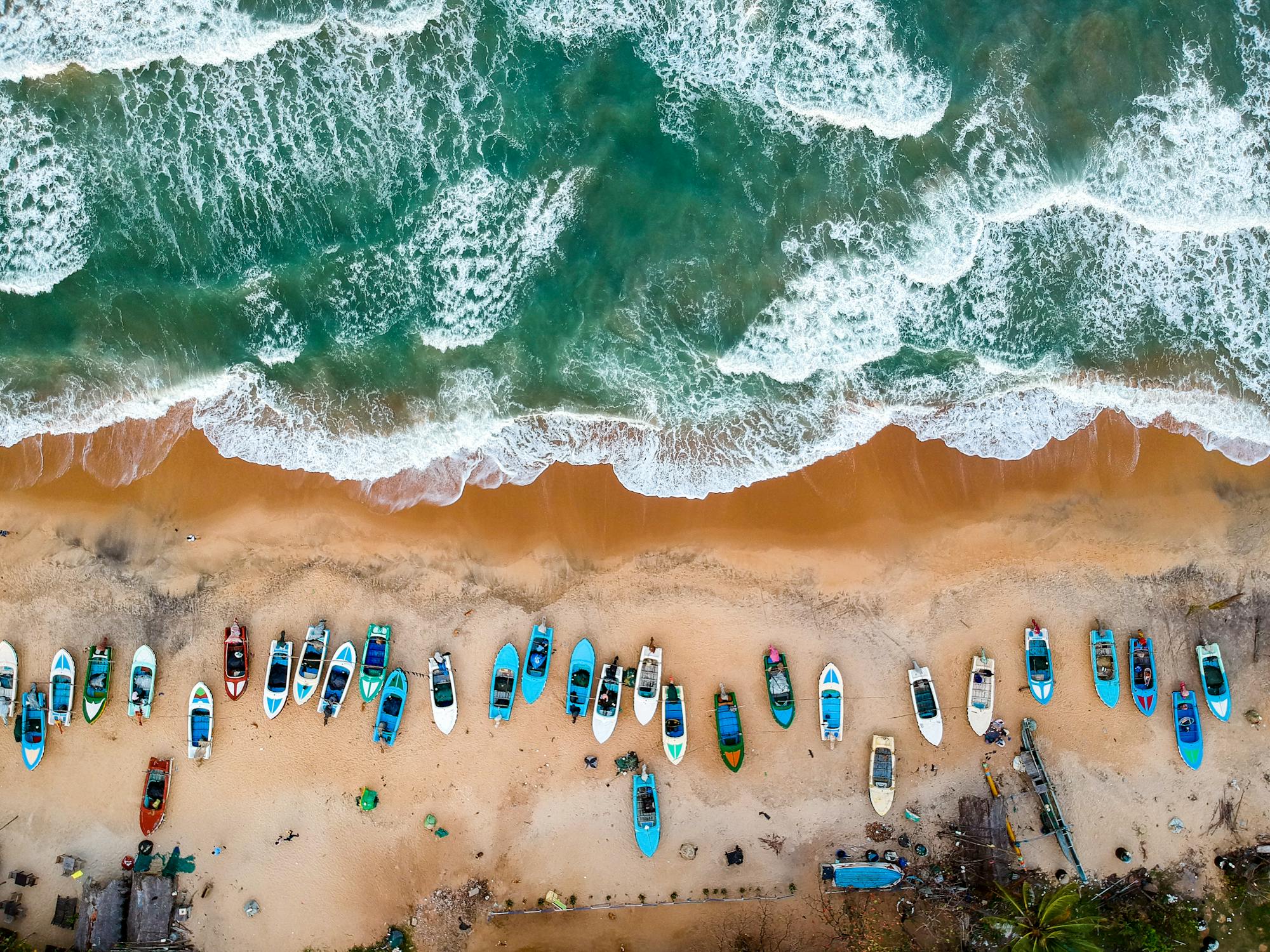Khushi Maheshwari, Pune
The island country, in a bid to crawl out of its worst economic crisis since 2022, had offered 30-day visas to the Russians and Ukrainians who were trying to escape the war along with a 6-month extension on the same. This decision was taken primarily to boost the tourism sector.
Approximately 3 Lakhs Russians and 20 thousand Ukrainians had fled to Sri Lanka to avail the offer of extended visas and more importantly, take refuge far away from the Russia-Ukraine war that began almost 2 years ago.
All was well until the Sri Lankan Tourism Ministry notified that it had received grievances stating that the immigrants staying there for longer durations had started setting up their own restaurants and nightclubs. They recruited only foreigners and used payment services that were not standard for the locals thereby, making these businesses not only illegal but also racially exclusive.
There was a widespread outcry on social media platforms as well, heavily critiquing the ‘whites only’ policy that these immigrant businesses entailed.
Harin Fernando, the Sri Lankan tourism minister addressed the issue saying that he had received complaints regarding Russian and Ukrainian immigrants running illegal businesses in the southern regions of the island, following which several locations were ransacked after discussions with the immigration department.
The immigration authorities then notified the tourism ministry to direct Russian and Ukrainian citizens residing in Sri Lanka on extended visas to exit the country within two weeks, starting from the 23rd of February
However, there were certain objections from the president’s side. President Ranil Wickremesinghe’s office sent out a notice that ordered an investigation into the decision to ask the tourists to leave without the cabinet’s ratification.
He further stated that the government has not formally mandated the verdict to ask Russians and Ukrainians to leave and that the notice was issued without any approval from the Cabinet. Thus, the cancellation of visa extensions is not yet official.
In April 2022, Sri Lanka had exhausted all of its financial resources and could not even buy food and fuel. It had also defaulted on a huge sum of foreign debt. The visa extensions are one measure that the nation took to combat its economic crisis.
